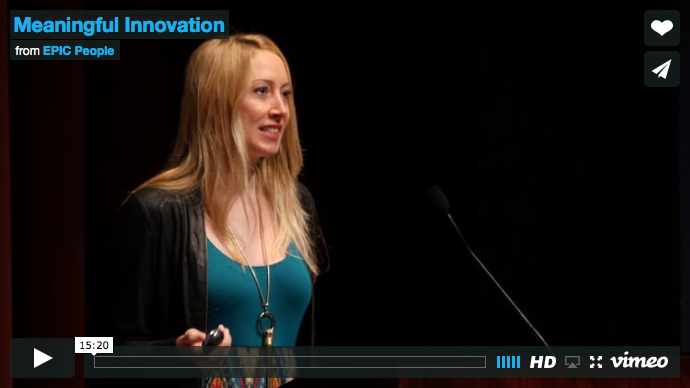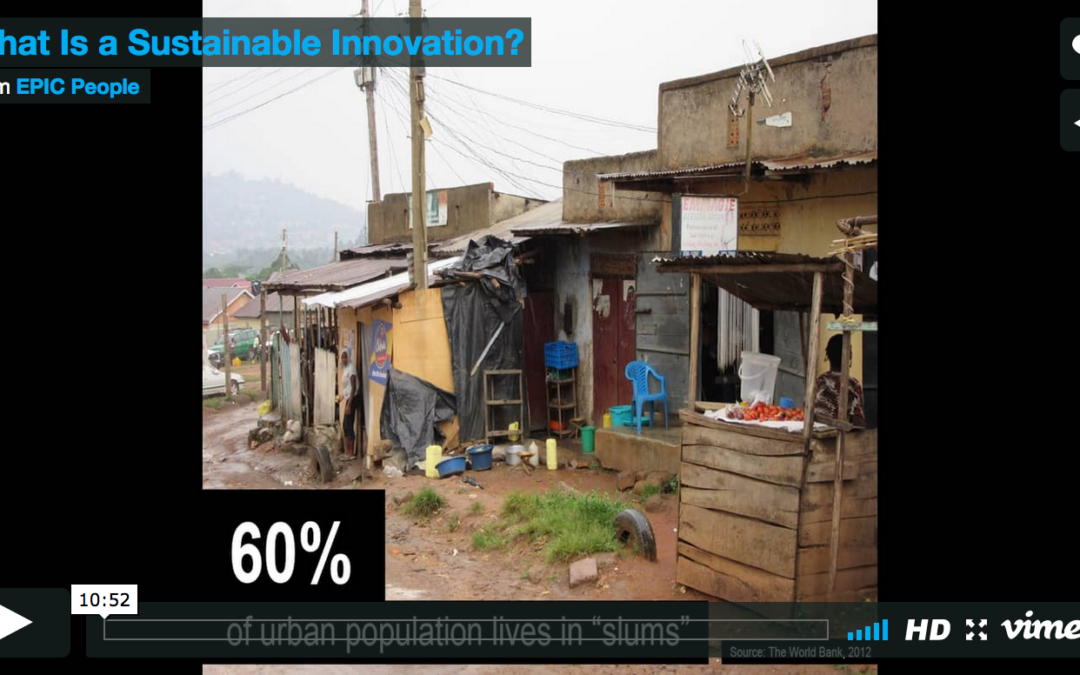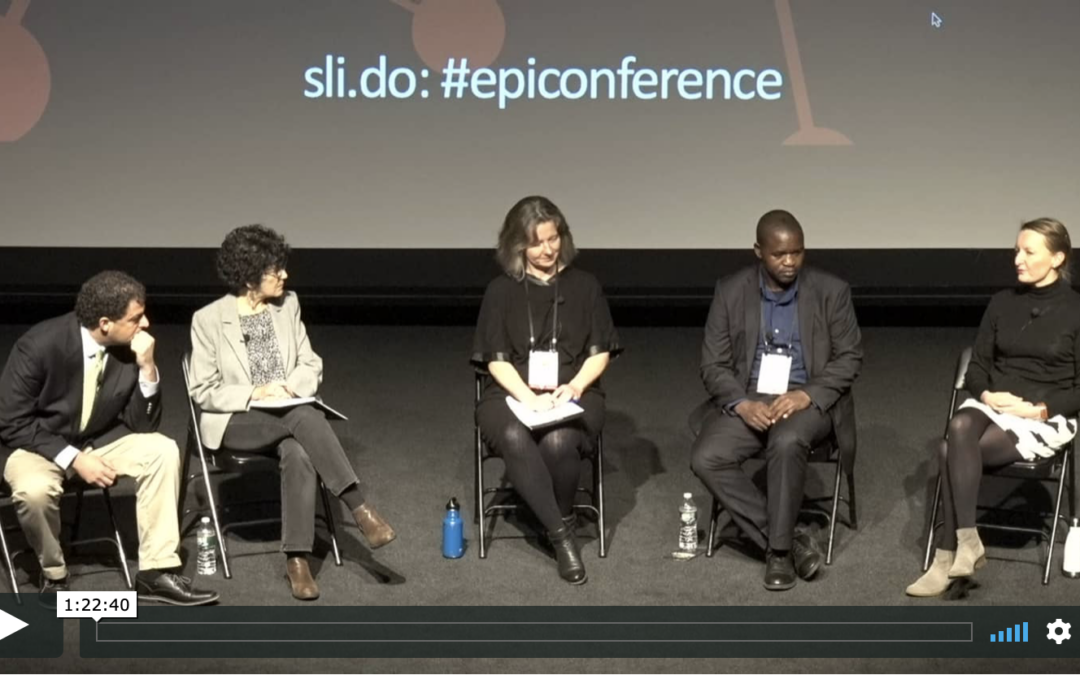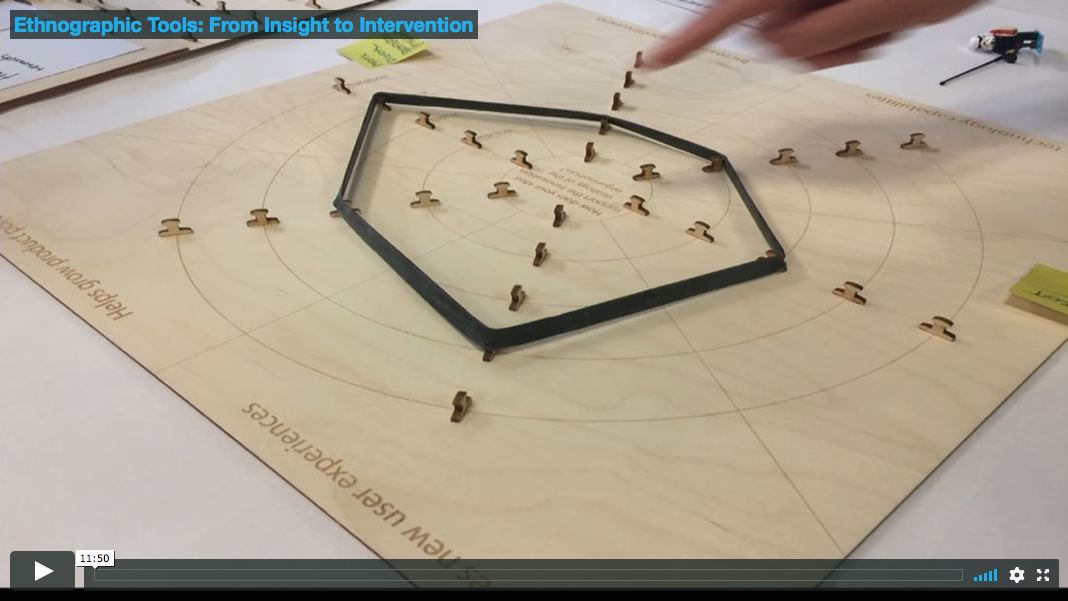When we think about the “Discovery” phase in the product development process, we often picture product owners, design, and researchers working to understand a problem area, the needs of end users in that area, and testing product ideas that might deliver on those needs. When no product exists yet,...










